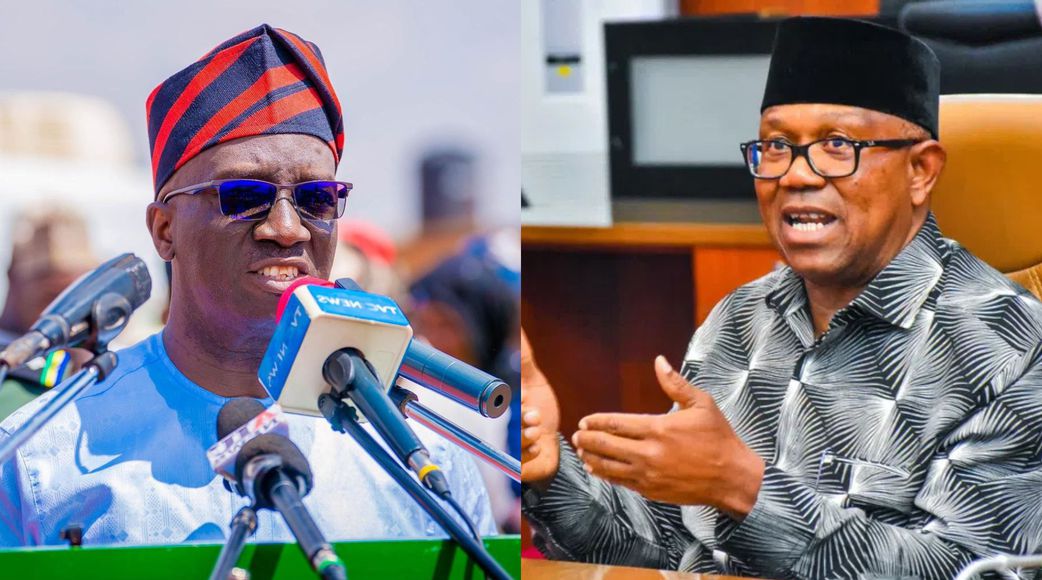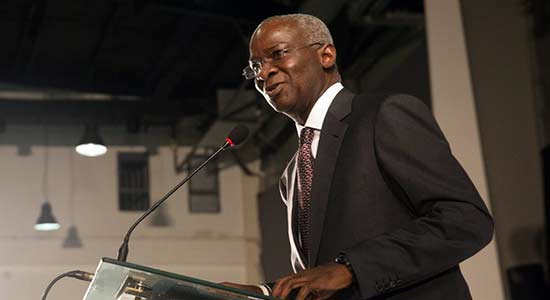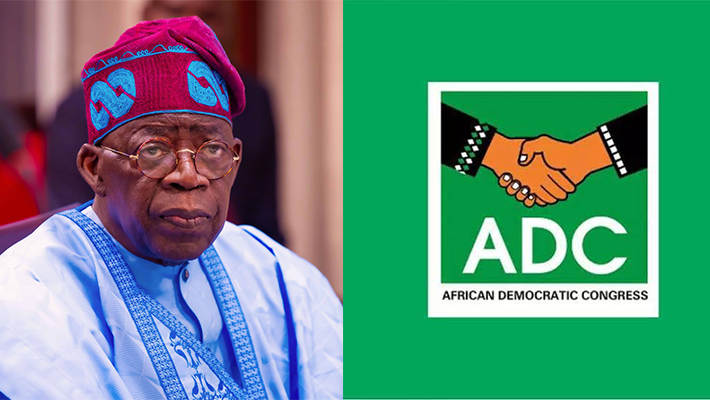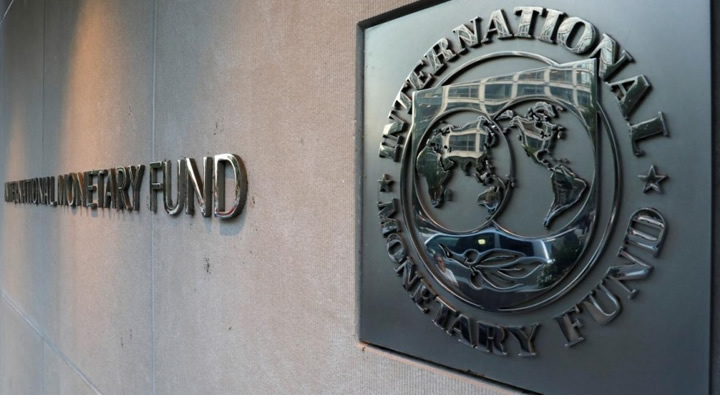The International Monetary Fund (IMF) has downgraded Nigeria’s 2024 economic growth forecast due to challenges including low crude oil production and severe flooding. In its latest World Economic Outlook (WEO), the IMF revised Nigeria’s growth prospects to 2.9%, down from its earlier projection of 3.3%.
The downgrade is attributed to inflationary pressures, disruptions in agriculture caused by flooding, and ongoing issues with oil production. The IMF’s report highlighted the economic strain from rising petrol prices and a naira depreciation, which have further impacted growth.
Globally, the IMF’s forecast for 2025 remains steady at 3.2%, though this marks a slight decline of 0.1% from its July 2024 projection. For Nigeria, however, the IMF anticipates a marginal improvement in 2025, with growth projected at 3.1%.
Inflation and Oil Production Concerns
Nigeria’s inflation remains a critical issue, with the IMF forecasting a 25% inflation rate in 2025, before easing to 14% by 2029. The country has seen persistent inflationary pressure, with 19 months of continuous increases ending in July 2024, before a brief slowdown. However, inflation resumed its upward trend in September following a fuel price hike by the Nigerian National Petroleum Company Limited (NNPCL).
In the first half of 2024, Nigeria’s economy grew by 2.98% and 3.19% in the first and second quarters respectively, demonstrating resilience despite significant macroeconomic challenges. The GDP growth for these quarters surpassed 2023 figures, despite facing a spike in inflation and the highest petrol prices in 28 years.
Oil production remains a key concern, as the country grapples with security issues and maintenance challenges affecting crude output. Pipeline vandalism and crude oil theft have further contributed to Nigeria’s underperformance in the sector.
IMF’s Analysis of Regional Growth
Jean-Marc Natal, Chief of the IMF’s Research Department, emphasized that Nigeria’s economic challenges are reflective of broader trends in the region. He noted that while inflation is stabilizing in some countries, many are still far from meeting targets, and double-digit inflation persists in a third of the region. Growth, he said, remains uneven and too low, with high debt service obligations posing additional challenges.
In a separate briefing on the Global Financial Stability Report, Jason Wu, Assistant Director of the IMF’s Monetary and Capital Markets Department, pointed out that recent government reforms are putting Nigeria on a path to economic stability, though the country still faces considerable hurdles.
Impact of Flooding and Inflation
Severe flooding, particularly in Maiduguri and other regions, has further exacerbated agricultural disruptions, a key factor in the IMF’s downward revision of Nigeria’s growth forecast. Additionally, the removal of fuel subsidies and the depreciation of the naira have contributed to rising transportation and production costs, fueling inflation.
The National Bureau of Statistics (NBS) monthly inflation report shows a steady increase in commodity prices, with inflation reaching 34.19% by June 2024 before dropping slightly to 32.70% in September.
As Nigeria continues to battle both economic and environmental challenges, the IMF’s outlook underscores the need for ongoing reforms and structural adjustments to stabilize growth and address inflationary pressures.










